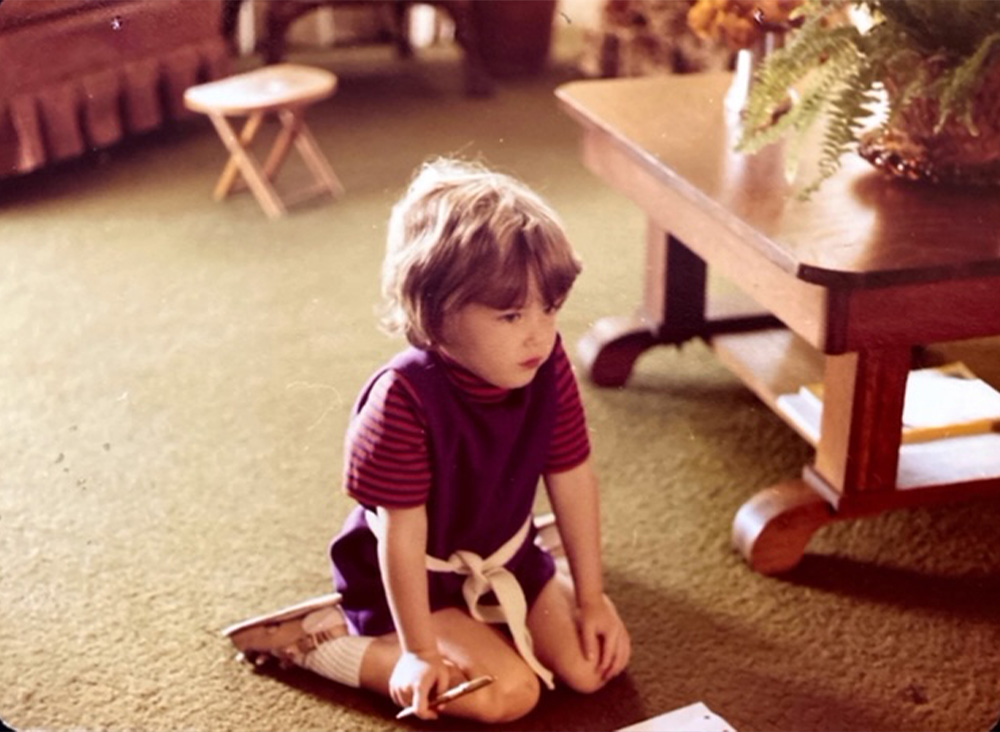
When my husband and I made the grueling decision to send our son away during the fall of 2019, we knew it was the right decision. Our lives were utterly unmanageable, and we firmly believed we had to make what seemed like an insane choice to save his life. With this action, we helped catapult him into recovery, but perhaps more important, is how I’ve found my own recovery along the way.
My journey over the past 16 months has truly been the proverbial peeling away of the onion. Early on, I began to recognize the immense anger against my son that had consumed me for years. This anger was justified – one need only look at his path of destruction to understand. But over time, I began to recognize that much of this anger was because his unraveling was so reminiscent of the chaos of my early life. I now understand that my unprocessed trauma was right there with me as I tried to navigate my son’s descent into madness.
About ten months after my husband and I sent our son away, I began to see my early life experiences for what they were. To the outside world, my upbringing was typical – I lived in a “Brady Bunch” house in a quaint southern city. But hiding beneath this mask were my early years with my severely schizophrenic mother, and later upbringing by my well-intentioned parents, who were also a workaholic father and overwhelmed stepmother. My birth mother, who officially abandoned me when I was 4 or 5, was never discussed in my home, nor was there any opportunity to process this past.
I learned to hide my feelings, just as my parents had learned in their childhoods. Don’t cry over spilled milk or your missing mother. Be good, pull yourself up by your bootstraps, and be independent. I’m sure you can imagine that growing up to have a son with substance abuse issues was not in the plan. I denied his mental health challenges and addiction for as long as I could – until I found him with a syringe and sent him away in a sea of fear, pain, and confusion.
My journey now is to untangle these feelings so that I can begin to process this early trauma. This hasn’t been easy for me; I’ve had to learn to recognize these feelings and share them. Similarly, I’ve had to take notice of my ever-present anxiety and need for control. Personal therapy has helped, as have the weekly meetings with my son’s therapists and the many poignant books and podcasts available today.
My lifeline comes from support groups. Grappling with these issues in a welcoming peer environment has catapulted my growth. OPLM groups bring me a sense of connection and help normalize my situation, bolstering my approach to my daily life. As I’ve gained insight into the workings of my mind, I’ve also found the space to practice gratitude and incorporate mindfulness.
My journey continues, but regardless of what the future brings, I know I am not alone. I now have skills and support to heal myself, rebuild my relationship with my son, and take whatever life brings my way.